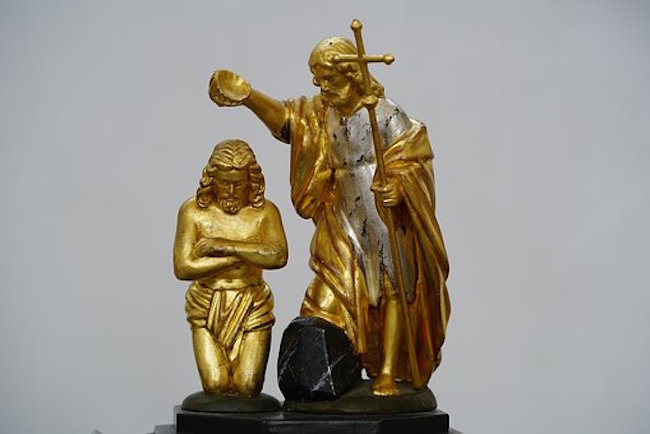HOW SHOULD MY FAITH SHAPE MY POLITICS? by Daniel Darling for Core Christianity
If you’re living in the West, it’s almost impossible to avoid the question of politics. It’s good, therefore, to ask how our Christian faith should shape our approach. But this is a complicated question, as the way we experience politics in a democracy is very different than New Testament believers, who lived with very little agency or power to choose their leaders and shape their communities. Nevertheless, we can deduce some general principles about our posture in the world. Here are five key principles for Christians and politics:
1. Understand that Christianity itself is inherently political.
Quite often, well-meaning Christians will often say that they don’t want to “be political.” Pastors will often say they want the church to be a “politics-free zone.” If by that we mean we don’t want party talking points incorporated into sermons, or our church lobbies to be turned into canvassing centers, or our pastors to publicly endorse various candidates, that’s good policy. But that might be partisanship we’re talking about, not politics, because Christianity itself is political.
In the first century, when followers of Jesus declared Christ king and claimed there was no other God before him, it was deeply political. It meant Jesus wouldn’t share the stage with the pantheon of Greco-Roman gods and goddesses. It meant Christians wouldn’t participate in the ritual religious rites and practices so engrained in Roman life. It meant that to follow Jesus was to practice a different kind of ethic—in their sexual lives, in their business dealings, in the way they ordered their homes. This would make Christians stand out and often made them the object of derision, scorn, and persecution. Today, you can’t really preach the gospel and not be political. If you’re committed to teaching and practicing the word of God, inevitably the text of Scripture will cut against some of the idols of the age. It will speak a word to social structures and cultural practices. It will pierce you to the heart, regardless of where you land politically.
2. Understand what it means for a Christian to properly relate to the state.
The Scripture is clear on the role of government. Romans 13 tells us that every public official in every office has his or her power based on the authority given by God. It’s a stewardship and a trust, and everyone in public office will be held accountable. This reminds us of two important things: First, even bad leaders are not outside of God’s sovereign control. This was comforting to Christians in the first century, and it also should be comforting to us today.




